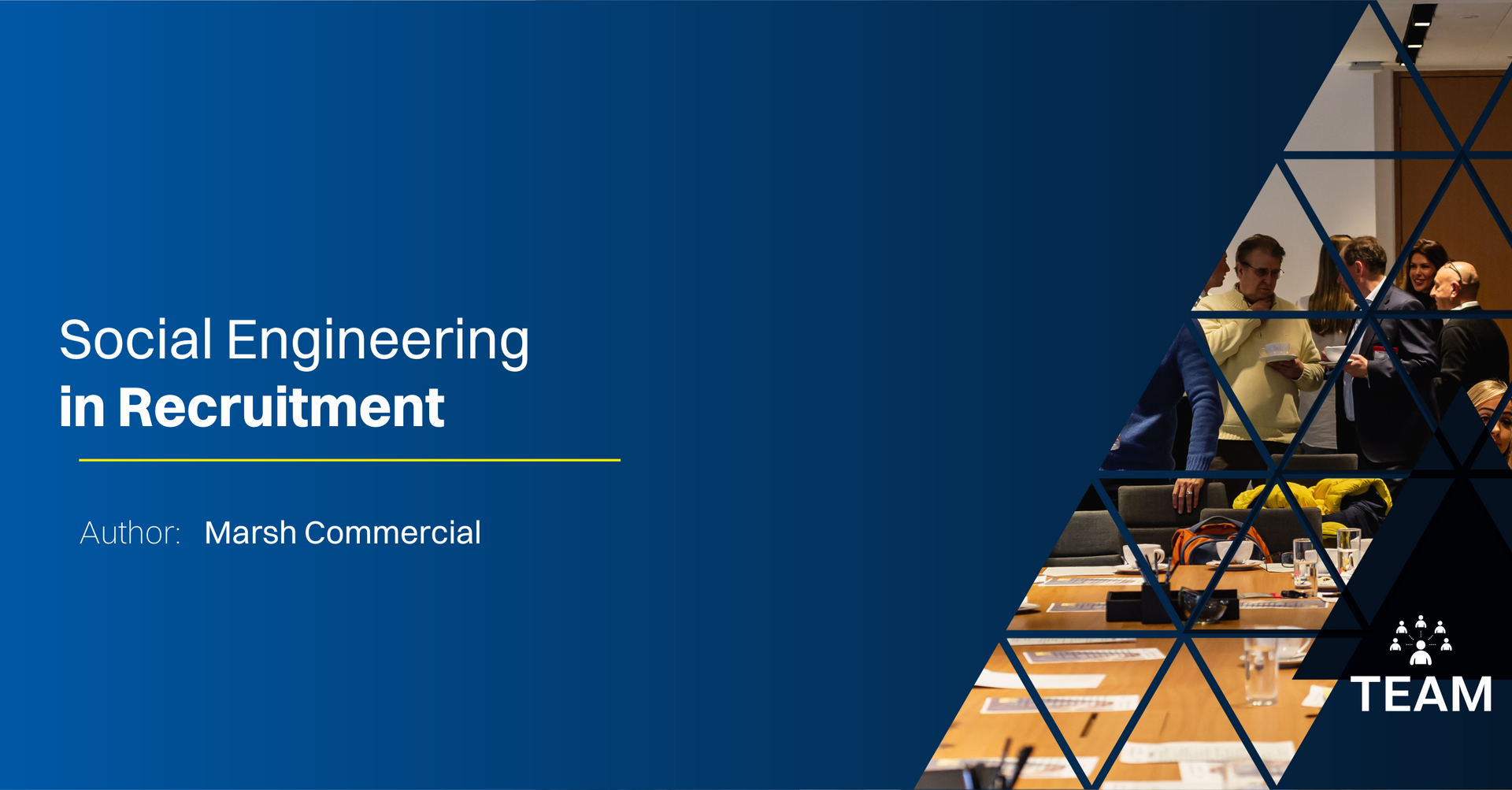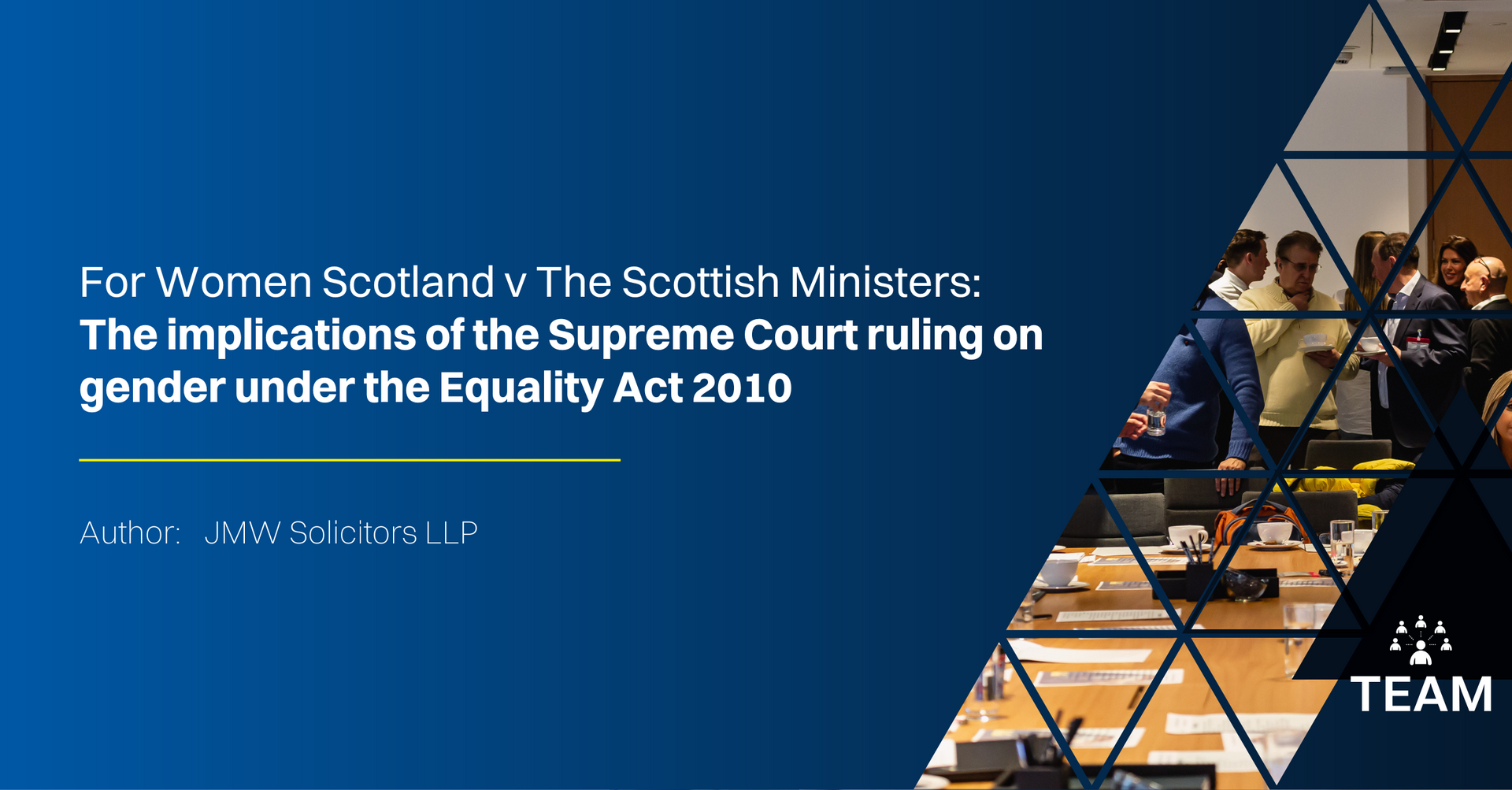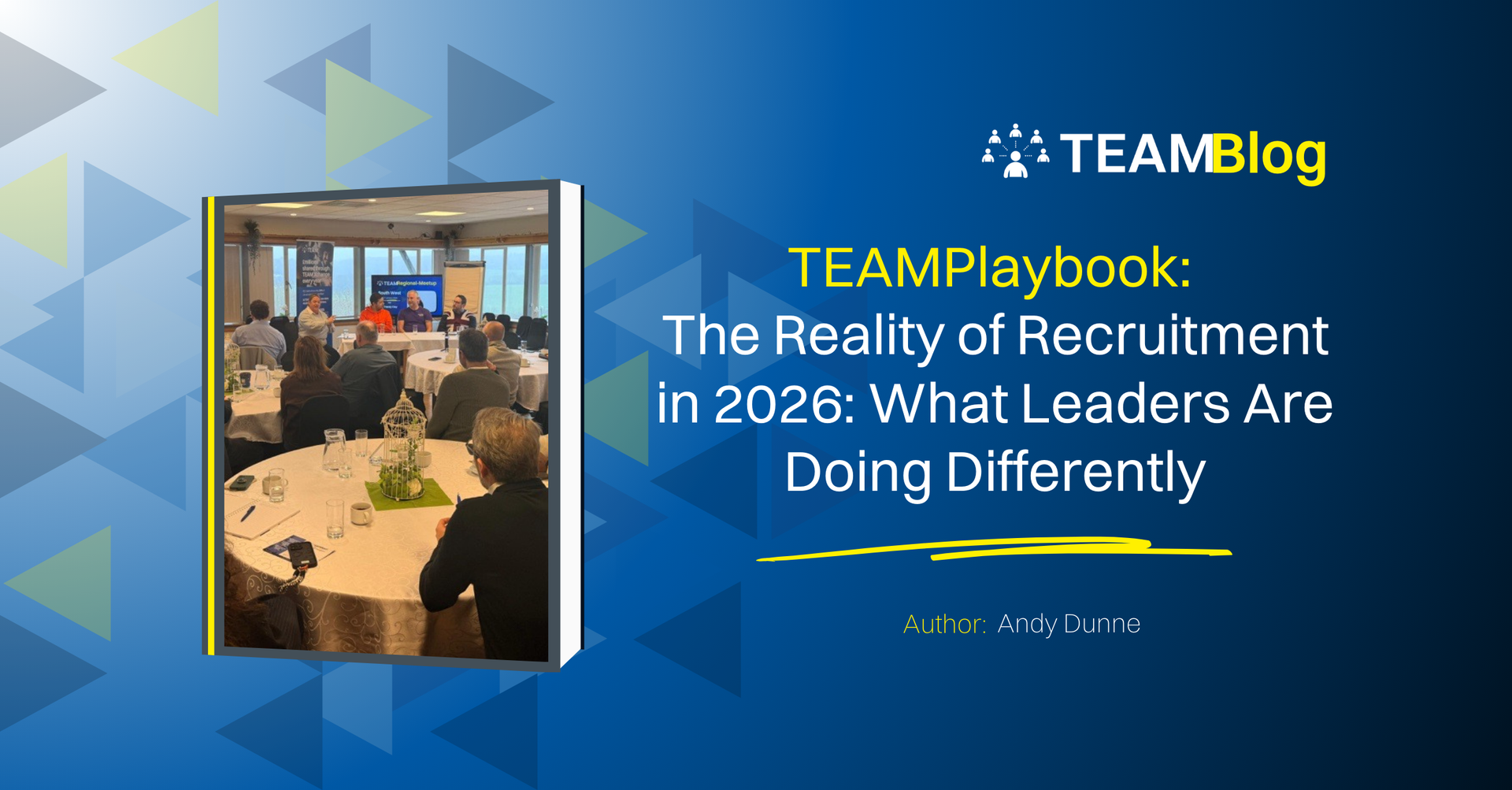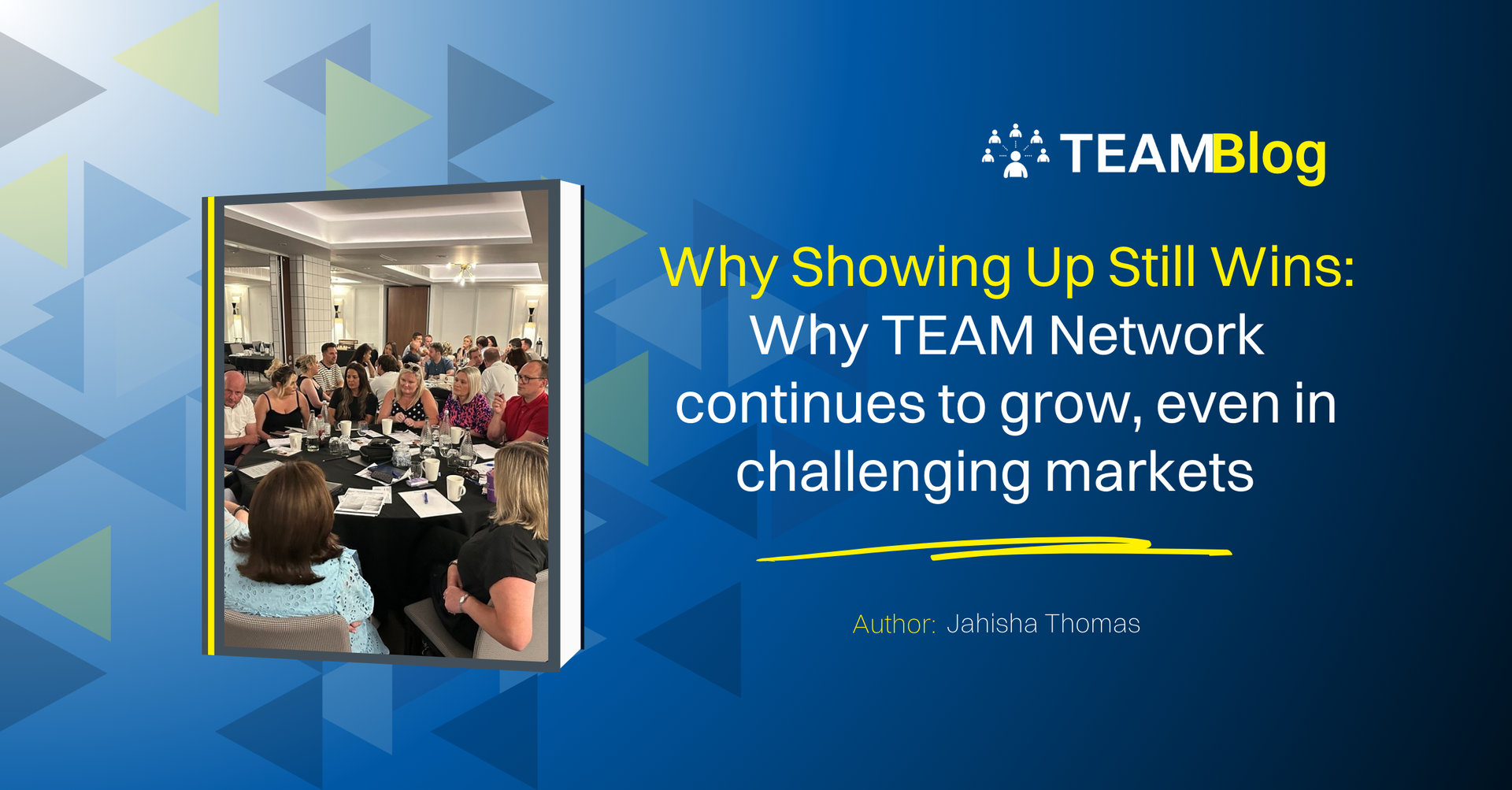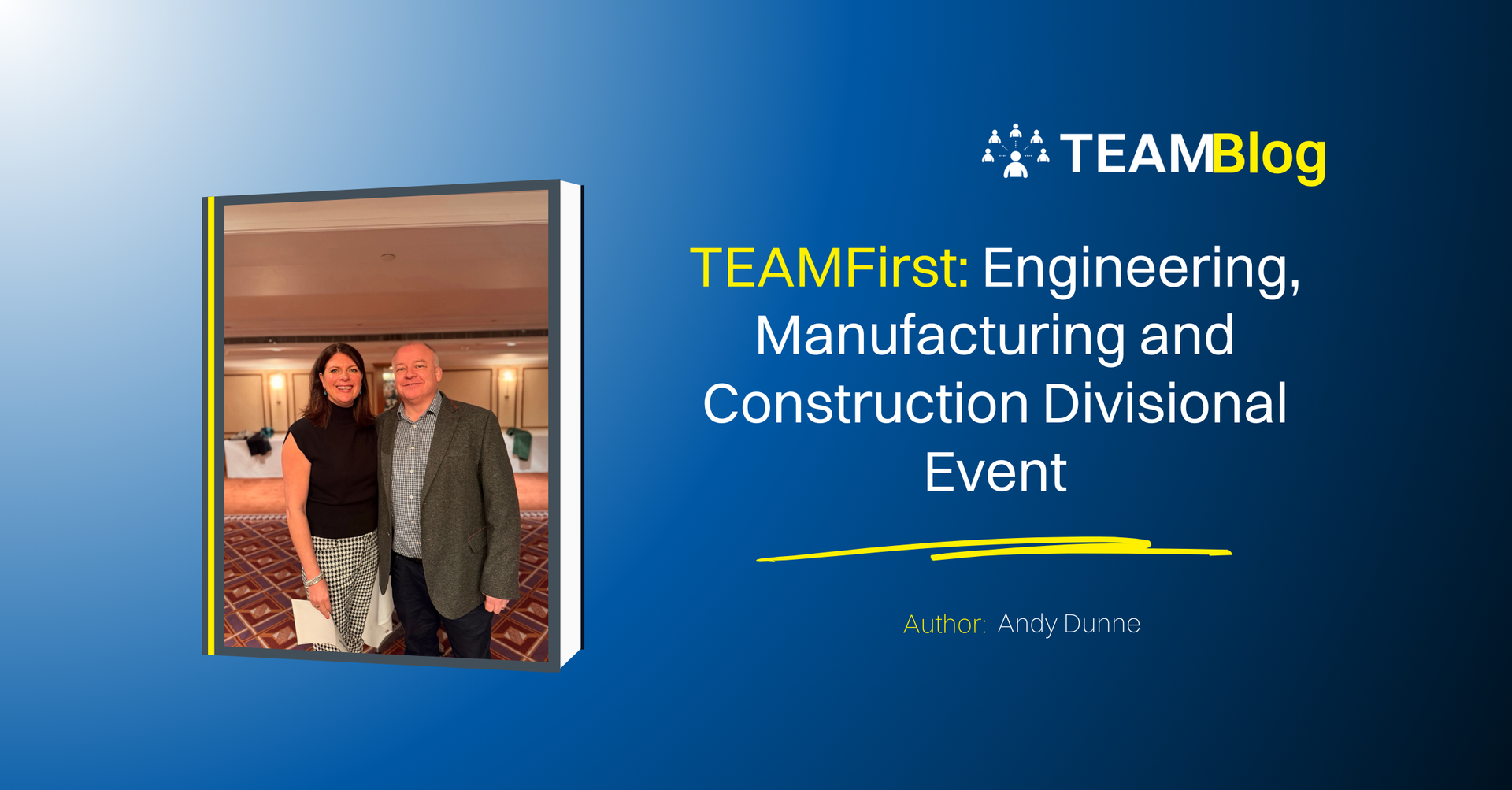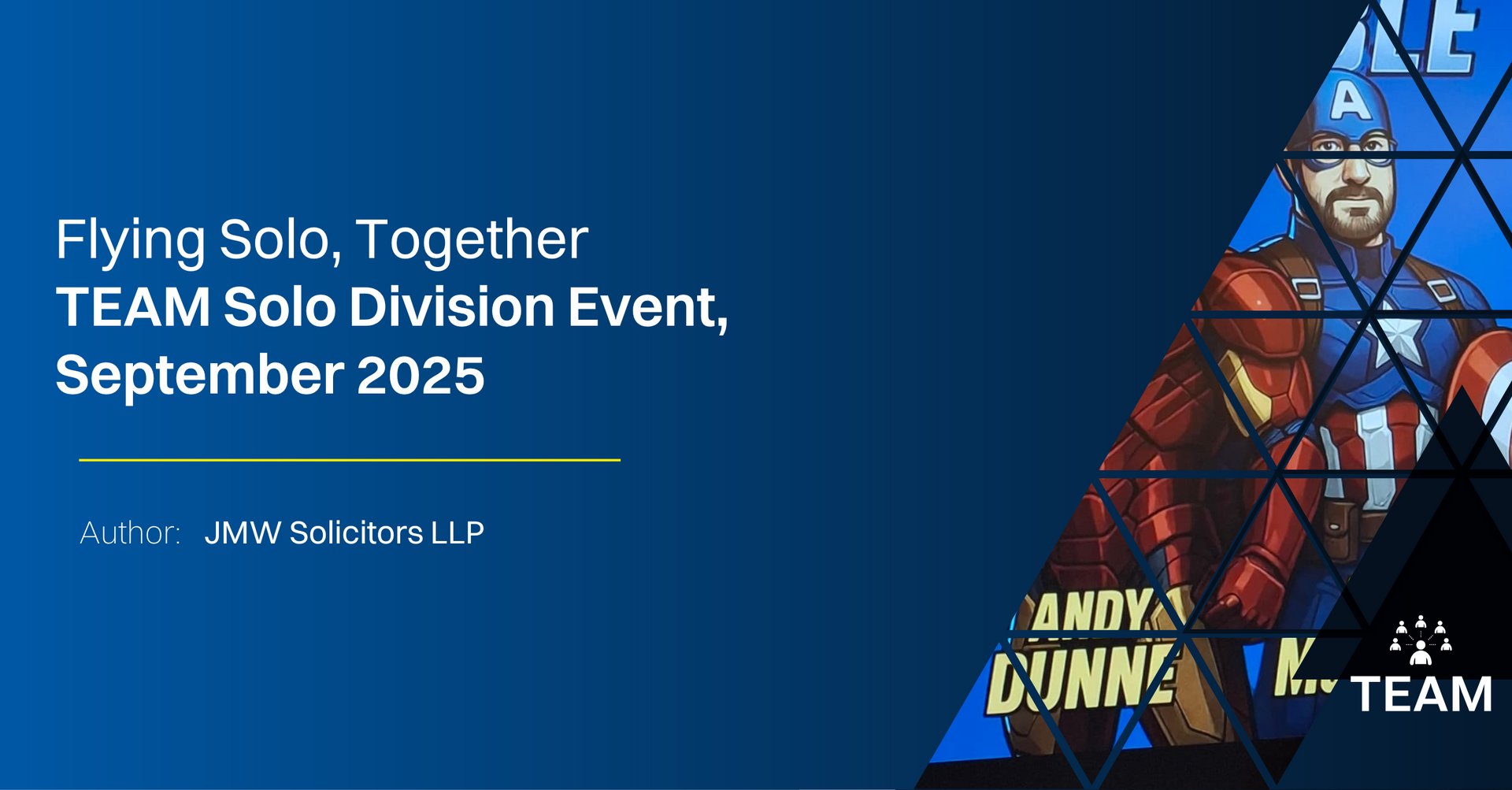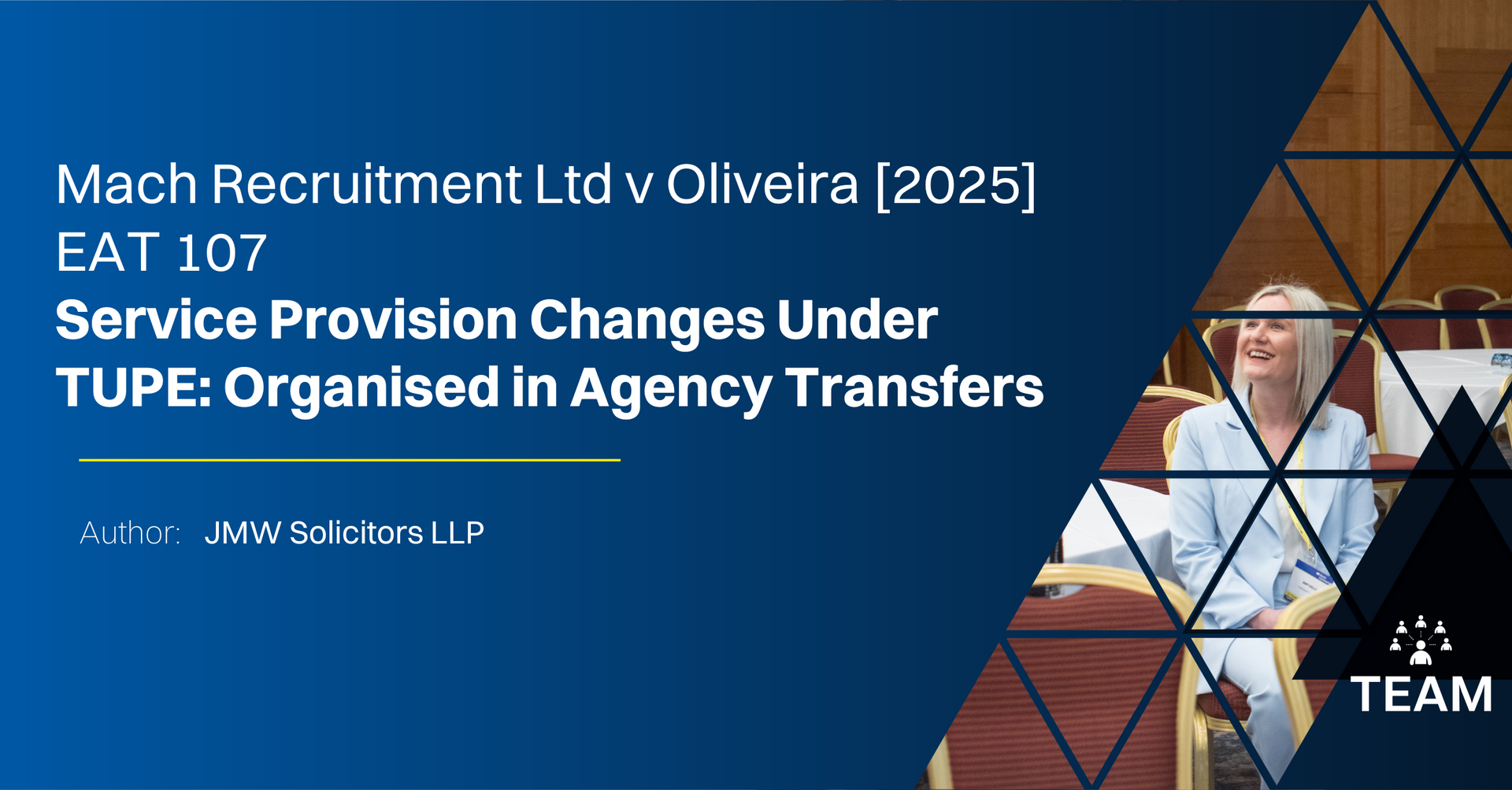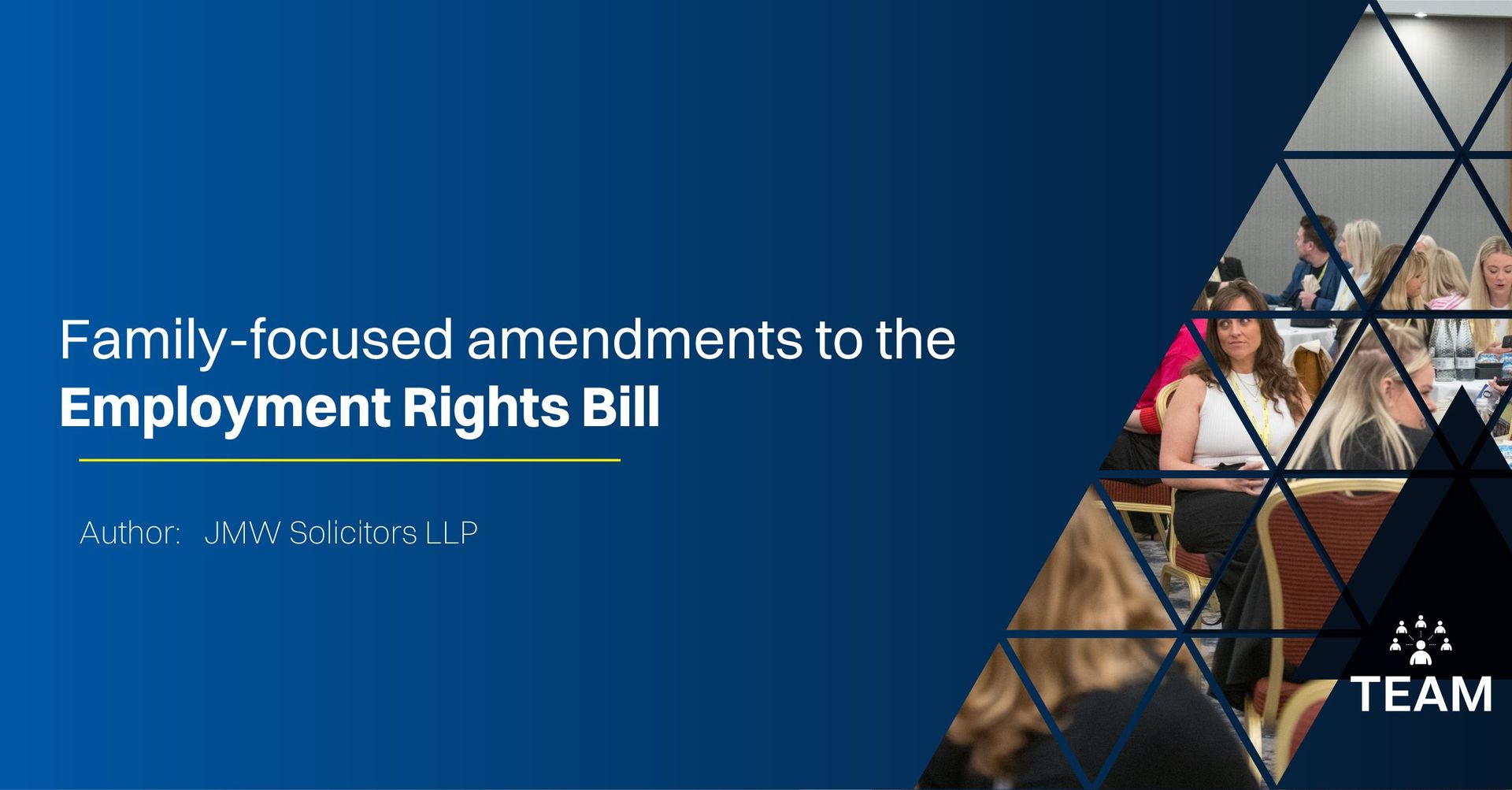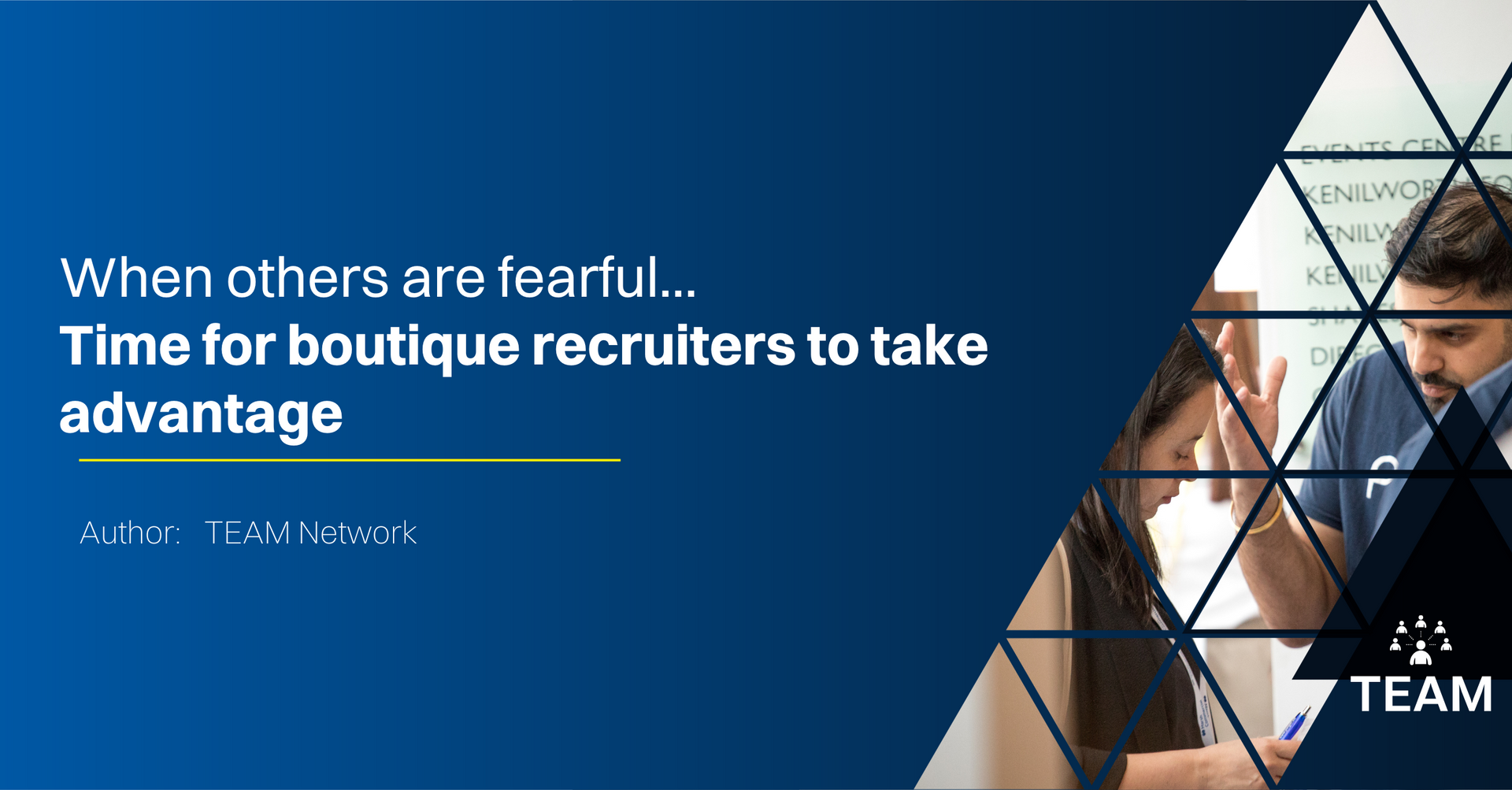Wondering how to start a recruitment agency? We know that starting your own recruitment agency can seem daunting, but there are some straightforward steps you can take to get the ball rolling.
While the following checklist is not a comprehensive how-to guide, it does contain guidance, ideas and food for thought for new recruitment agency owners.
Your 101 checklist to start a recruitment agency
An accountant
Your accountant is one of your most important advisors. Good accountants are generally best found by referral. Finding an accountant with experience in recruitment is a nice-to-have, but more importantly, choose an accountant you like and trust. Poor advice, or a lack of advice, can be one of the fastest ways to bring your business undone, so take your time selecting the right accountant.
A company or business name
Selecting a name can be very time-consuming. The most important thing is finding a name where the domain name is available. Avoid less obvious high-level TLDs like .io, .jobs, .net etc. as they are less intuitive to find. You really want to get the name in the most common domain extension for the country in which you work – e.g. .com for the USA, .com.au for Australia, .co.uk for UK .co.nz for New Zealand and so on.
Cloud-based recruitment software solutions
Cloud-based recruitment software solutions will minimise your setup costs and hardware requirements, allowing you to get to work more quickly. They will also significantly cut down your manual admin and streamline your processes, crucial time-saving you’ll need in those important early days (not to mention later as you scale and grow!).
A website
The great news is that you don’t need to spend a fortune on a website. The days of $10,000 and $20,000 websites for small businesses are long gone.
As a startup, you only need to spend a few hundred dollars to get a great website up and running using a standard website builder, like WordPress, Template Monster, Wix or Sitebuilder. Take your time and shop around, ask your friends or colleagues as there is a very good chance that someone in your network will know someone who can put together a beautiful site using these simple builders.
Some things you don’t need to start a recruitment
agency
Business cards, a printer, a scanner or a server!
You don’t need any of these things when starting out (and in our opinion, ever). Going paperless and wireless is easier than you might think. Connect with people via LinkedIn or Google, read resumes online and make notes before your interviews (reading resumes in interviews is lazy), and scan documents via your mobile phone. Use the money you save and take your partner out to dinner. (You might need the credit points in the months ahead!).
A few extra expert tips about starting out
Recruitment = relationships
Personal relationships are everything in recruitment. Spend time getting to know your clients personally. Take them to lunch, invite them to golf, call them and say hi each week and share information with them whenever you can. This may sound obvious, but the art of relationship building is slowly disappearing in many sectors of recruitment.
Give your time and expertise freely
There is a reason recruiters are called ‘consultants’. The best recruiters develop huge amounts of industry expertise and they share that knowledge openly with their clients. Company owners and hiring managers need experts they can call on to discuss the latest salary rates, availability of resources and so on. Be that person your clients turn to and do it for free – the benefits will follow.
Nurture your top candidates
Don’t just add a candidate to your talent pool and forget about them. Your top talent needs to be nurtured through consistent communication and engagement. A great candidate may not meet the requirements for one job but may be perfect for another job that comes up a month later. Utilising an applicant tracking system allows you to keep track of all your candidates and talent and can prompt you to reach out to people, follow up with clients and a whole range of other tasks.
Experiment with your terms and do deals that make sense
When starting out, it’s important not to get too fixated on your terms. This doesn’t necessarily mean you should discount, but you should be creative and experiment with different arrangements to find what works best for you and your clients. Talk to clients about fixed fee arrangements, retainers, exclusivity and so on. You’ll be surprised at the deals you can do if you are providing a higher level of personal service than your competitors.
Avoid working with companies you don’t know
Fee disputes can be dramatically minimised (if not eradicated) by working only with clients you have or can build relationships with. The majority of fee disputes in recruitment involve transactions with weak personal relationships between client and consultant. If a company holds you at arm’s length and you can’t get a relationship going then the chances of a successful recruiting relationship are slim especially when starting a staffing company.
We hope these 101 tips help you start your own recruitment agency! If you’d like more in-depth tips or advice around what software and tools could work best for your new agency, contact our friendly team to have a chat.
Service Provider Spotlight

This article has been provided by Sarah Linney at TEAM Service Provider –JobAdder.
JobAdder is an innovative B2B, cloud-based SaaS platform designed to help make recruiting more efficient and joyful for everyone.
Already trusted by thousands of businesses worldwide, JobAdder empowers both agency and in-house recruiters to spend more of their time delivering real human value to candidates and hiring managers and less time on repetitive admin.
